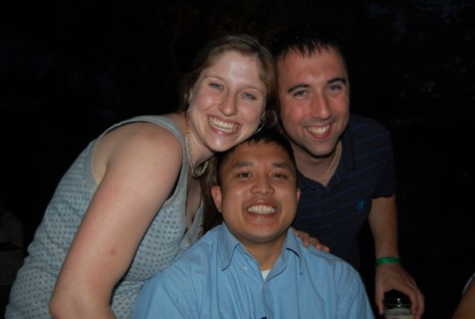Global Classroom project could bring mission statement to life
Published Nov 11, 2011
In TCU’s mission statement, students are called to “think and act as ethical leaders and responsible citizens in the global community.”
The Global Classroom project is giving students an opportunity to put that mission into practice.
According to USA Today College, the Global Classroom project has been uniting classrooms of American students with students in places like Russia, Turkey and Costa Rica since 2005. Through video-chatting technology, students at the University of Nebraska-Lincoln discuss differing languages, religions and cultures instead of simply reading about them.
If implemented, a class like this could impact the university’s community.
Rebecca Roozbeh, a sophomore biology major, said the class would add some diversity to the humanities curriculum.
“It’s one thing to learn it in a textbook and another thing to see it in person,” Roozbeh said.
Students usually do not have a grasp on current issues, mainly because they are too concerned with their own lives, she said.
Roozbeh said she would be interested in a class that can help her become more experienced and knowledgeable.
“I think it’s easier for us to see and experience a culture [rather than] read about it,” Matthew Briggs, a junior music composition major, said.
Students could get an idea of other cultures when studying from a textbook, he said.
“But it becomes more real if you see it in front of you,” Briggs said.
Mark Dennis, assistant professor of East Asian religions, has a similar video-chatting experience in his World Religions course. In his curriculum, he teaches that face-to-face encounters with opposing cultures is crucial to gaining understanding of diverse countries.
“I think it’s a good idea anytime you can have direct experiences,” Dennis said. “It’s really closer than reading a book.”
For several students at the University of Nebraska-Lincoln, this class is considered a substitute for a study abroad program.
Study abroad coordinator Alexis Branaman said that although the class like this was great to facilitate a classroom, she would not consider it a replacement for the study abroad program.
“A class like this would not provide students with that cultural immersion,” Branaman said. “You can’t get the living experience, interacting with language, religion, food and art through a computer screen.”
Currently, the study abroad programs do not implement an eClassroom, but the idea has been in development.
However, she said if offered at TCU, tthe Global Classroom project would provide students with a better understanding of diverse cultures.



